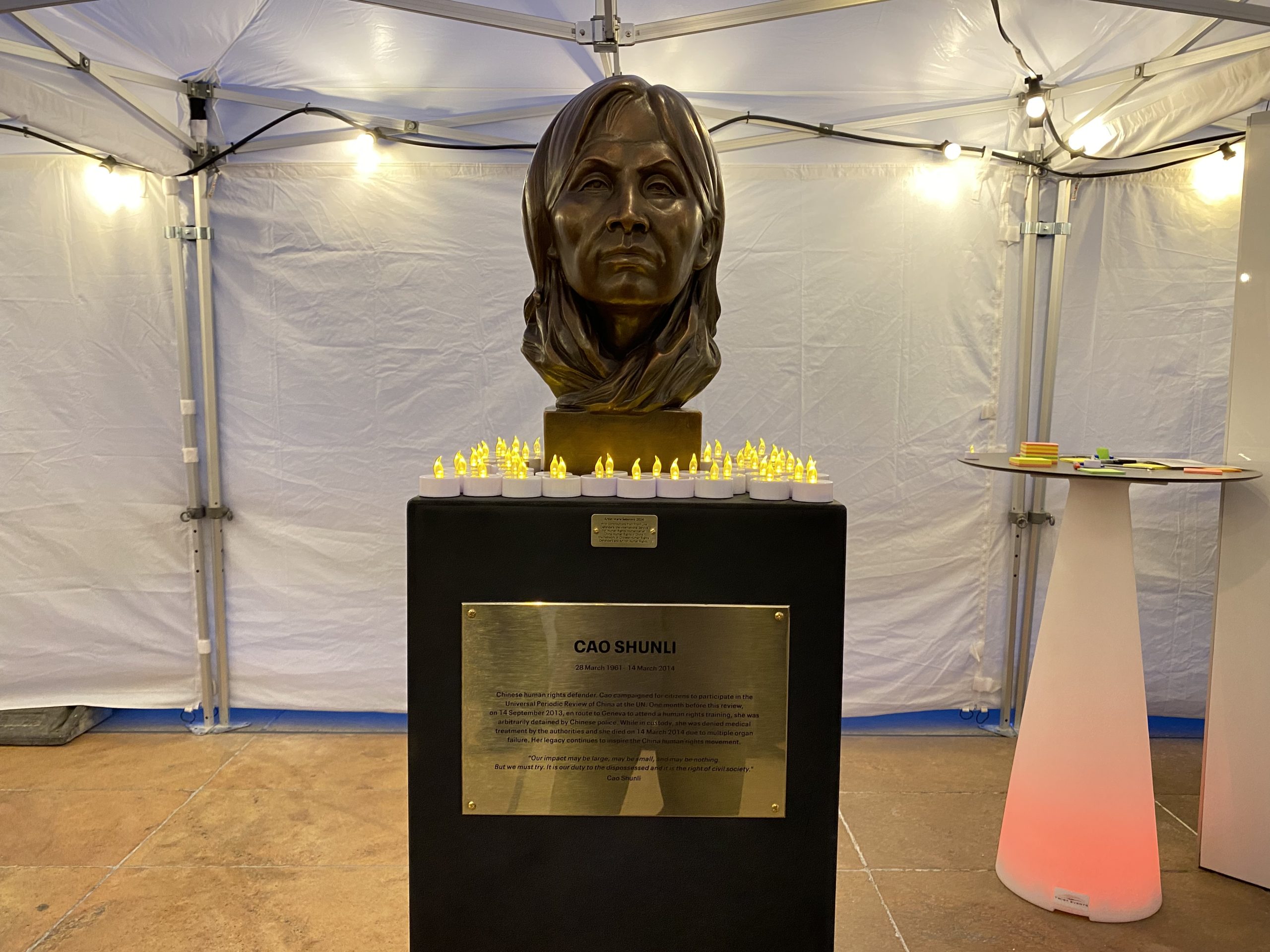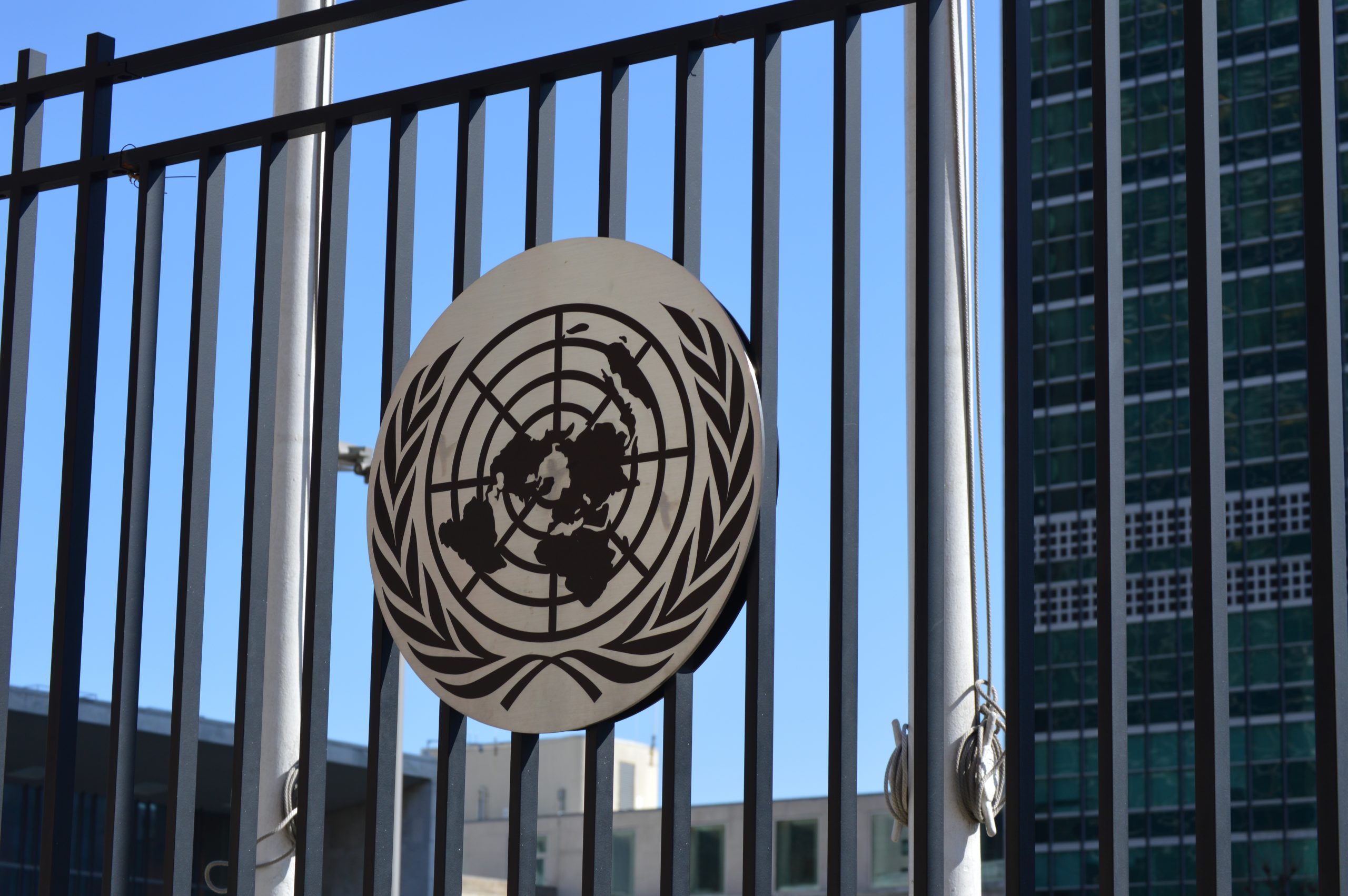The 2020 review of the UN treaty bodies envisioned in resolution 68/268 is fast approaching, and the Office of the High Commissioner for Human Rights have just issued a new questionnaire which will feed into the third and last report of the Secretary General before the 2020 review.
ISHR and other NGOs have repeatedly been calling for an open and transparent consultation process ahead of 2020, as part of which all relevant actors should be able to provide their perspective and recommendations, including treaty body members and chairs. More recently, ISHR has joined a group of 14 NGOs in calling for an inclusive review process which duly takes into account the views and perspectives of civil society.
On the occasion of the first meeting of treaty body members and chairs dedicated to the preparation of the 2020 review, ISHR has written to the chairs to encourage them to seek consensus and identify areas where the treaty bodies can further align and consolidate their work, for the benefit of rights holders and users of the system.
In our interactions with users of the treaty bodies, ISHR has identified three top challenges:
- The lack of predictability in reviews, which is primarily due to the lack of timely reporting by states parties.
- The limited transparency, visibility and accessibility of the system, which considerably limits engagement by non-insiders.
- The multiplication of working methods across the treaty bodies which also considerably complicates and hampers civil society engagement with the treaty bodies, particularly for organisations which engage with several treaty bodies.
“Previous attempts to strengthen the treaty bodies have brought insufficient improvements, and it remains particularly challenging for non-insiders and non-specialists to engage with the system” says ISHR’s Vincent Ploton. “New models and approaches to remedy such challenges have been proposed as part of the recent and more distant strengthening processes. Now is the time to road test such proposals and assess their potential impact on state compliance with the treaty provisions”.
The ISHR letter emphasizes that proposals aimed at enhancing the predictability of reviews, such as sequencing or clustering reviews together could improve engagement by non-state actors. Likewise, proposals such as the establishment of a cross treaty body working group on working methods could contribute to boost the harmonization of working procedures, including on issues such as accessibility and transparency of the system.
“What is required is a paradigm shift away from a culture where opacity and disparity are the rules, to a new culture where openness and unity prevail. The treaty bodies have pioneered groundbreaking tactics to support and monitor the implementation of recommendations, such as the adoption of grades on compliance, a feature which is unique to the treaty bodies. The paradigm shift should be based upon and strengthen that kind of good practices. Confidentiality and specificity should only be maintained where they are required” Ploton concludes.
Link to the open NGO letter
Link to the ISHR letter to treaty body chairs
Contact: Vincent Ploton: [email protected] +41 22 919 71 00
Photo: ISHR




